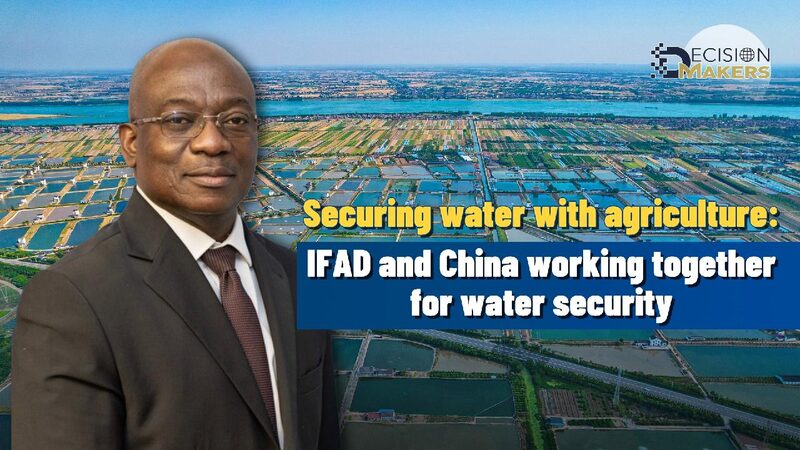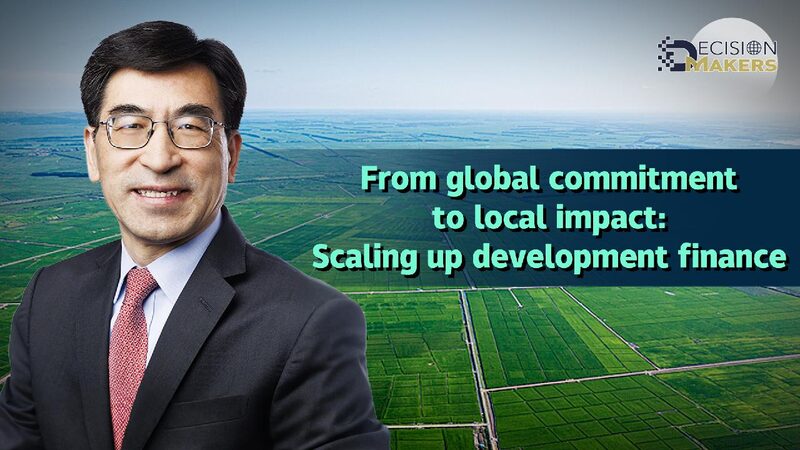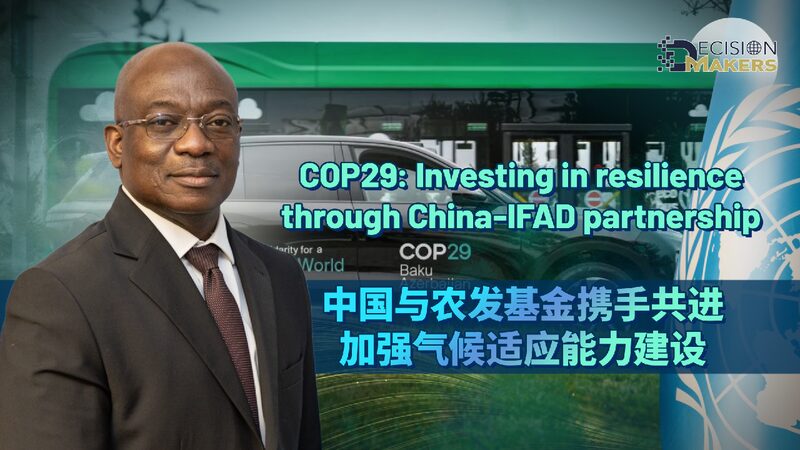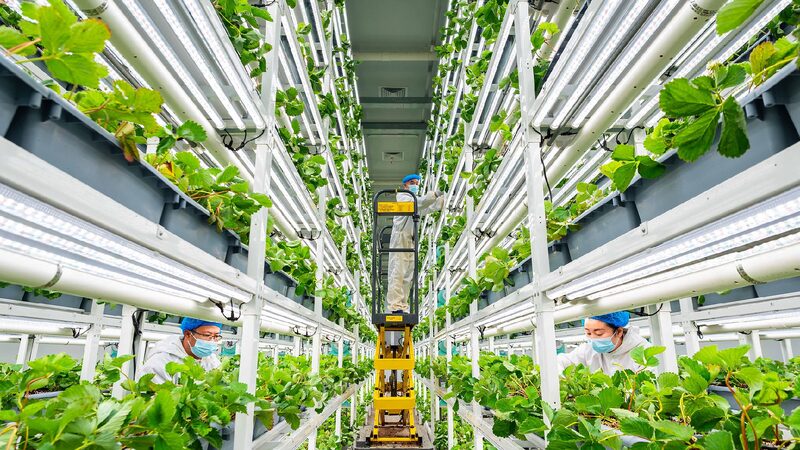Access to clean water is a basic human right, yet 2.2 billion people worldwide lack safely managed drinking water services. Recognizing this challenge, China and the International Fund for Agricultural Development (IFAD) are working together to enhance water security and promote sustainable agriculture.
Water scarcity affects every continent, and climate change is making the issue worse with erratic rainfall patterns and melting glaciers. Agriculture, which relies heavily on water, is particularly vulnerable. In regions like the Himalayas, melting glaciers threaten the water supply needed for growing crops such as rice, on which millions depend for food and livelihoods.
China, despite having the sixth-largest water resources globally, faces its own challenges. With per capita water availability at only 35 percent of the global average, nearly two-thirds of its cities experience water shortages. Agriculture consumes about 60 percent of China’s water usage, making efficient water management crucial.
To address these issues, China has implemented policies like the National Water-Saving Action Plan, aiming to limit total water consumption to 700 billion cubic meters by 2035. IFAD aligns with this vision by investing in climate-resilient infrastructure and promoting sustainable agricultural practices in rural communities.
In central China’s Hunan Province, IFAD has supported the construction of irrigation facilities, including canals and water pipelines, to regulate water resources and ensure reliable irrigation. In Yunnan Province, innovative projects like smart irrigation systems help farmers manage water usage more efficiently, boosting productivity while conserving resources.
These efforts not only benefit China’s rural communities but also serve as models for other countries. In Rwanda, for example, IFAD-funded projects have introduced affordable solar-powered irrigation systems, enhancing food security and creating jobs.
As the world observes World Water Day and China celebrates China Water Week, the collaboration between China and IFAD highlights the importance of sustainable water management. By investing in climate-smart practices and sharing knowledge, they are working to ensure that future generations have access to the water they need.
Water is life, and securing it is essential for the survival and prosperity of communities around the globe.
Reference(s):
cgtn.com




